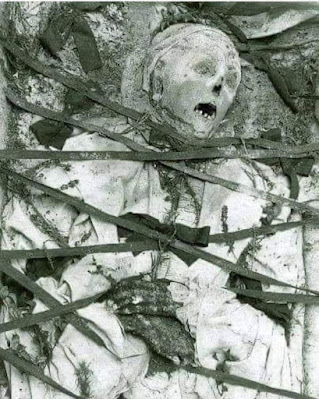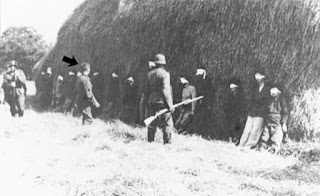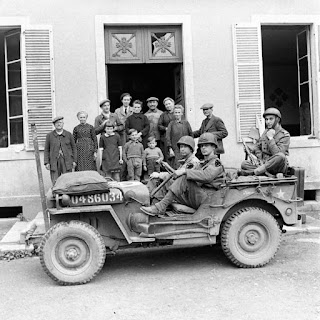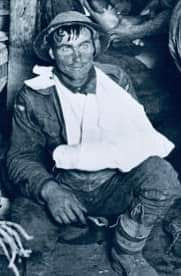Battle of Verdun, impressions of the fight in the Reduce of Thiaumont
Testimonial passages of German soldier Wilhelm Hermanns of the 67th Infantry Regiment, who was destined in the abusive structure of the Thiaumont Reduce, at the end of October 1916, within the scope of the colossal battle of Verdun: "The entrance was a simple hole in the desolate field of the countryside" battle, and the silhouettes of men shrunk with fear, constantly going out and in cramped, looked like giant ants in the middle of darkness. I went down an iron staircase to that concrete cave about twelve feet deep. It was a huge place, filled with hundreds of soldiers. Some were in their bunk beds, sleeping, snoring or whining.
Others crowded the hallways between the bunk beds, chatting or writing letters. And some were sitting or kneeling in a corner, picking up their stuff or pulling it out of the ditches. The reflection of a lantern or that of a candle, a match or a lit cigarette flashed the darkness of islands of light that constantly changed intensity. From that shallow underground a small piece of heaven could be appreciated if one approached the iron staircase or looked through the gap in which the ventilators were.
From about twelve meters down came a torrid, vicious airflow flooding my nose with a nauseous smell of first aid medication. Those metal net panties were full of uniforms: mutilated men, covered in mud, torn and filthy. This is a depressing show. There was one with his eyes closed and a bandage soaked in blood around his head. Another, twisted in pain, on his side. I saw that some of those who were infested with lice had their bandages ripped off to ease the itch.
The hallways between the bunk beds were crowded with people. There probably were over a thousand men there. Some had been relieved, but couldn't pull back, and some of those who had come to relieve others couldn't head to the front. Everyone was trapped in those bowels of stone and concrete. ”
The French advance preceded by a constant rain of bombs is reflected in the Hermanns account, which offers us a vivid description of the horror experienced by those exhausted German soldiers in that dark grave of Thiaumont: "I heard the scream: "Poisonous gas! ". Everyone around me started putting on masks. I decided to adjust mine, which was still hanging on my back. There I was: a yellow cloud floating next to the iron staircase. They probably threw a gas pump down the entrance of that well. The screaming order: "Put on the old masks!" ”, he electrified the whole shelter.
The soldiers ran for their masks, which were hanging on the walls, in a corner or still in their macks. Many of those who had lost them on the battlefield began coughing. Those who were injured tried to climb the bunk beds upstairs, while further down the gas kept advancing and extinguishing one candle after another. In a short time, many were dying, and the cavities and the ground were filled with corpses. Desperate, the living would stumble upon them or trample on them in their quest to find some air to breathe.
Like a wave, the alarm signal was going from bunk to bunk. Immediately the last man arrived, who was about a hundred meters away. So much panic, that I saw critically injured people jump to the ground as if they wanted to ingest the gas. Some were removing masks from their neighbors. Some people would have red foam coming out of their mouths. ”
When the survivors of the gas attack managed to get out of there, they found themselves trapped in the middle of fire from French infantry that had already reached the area. Thiaumont fell unable to fight.











Comments
Post a Comment